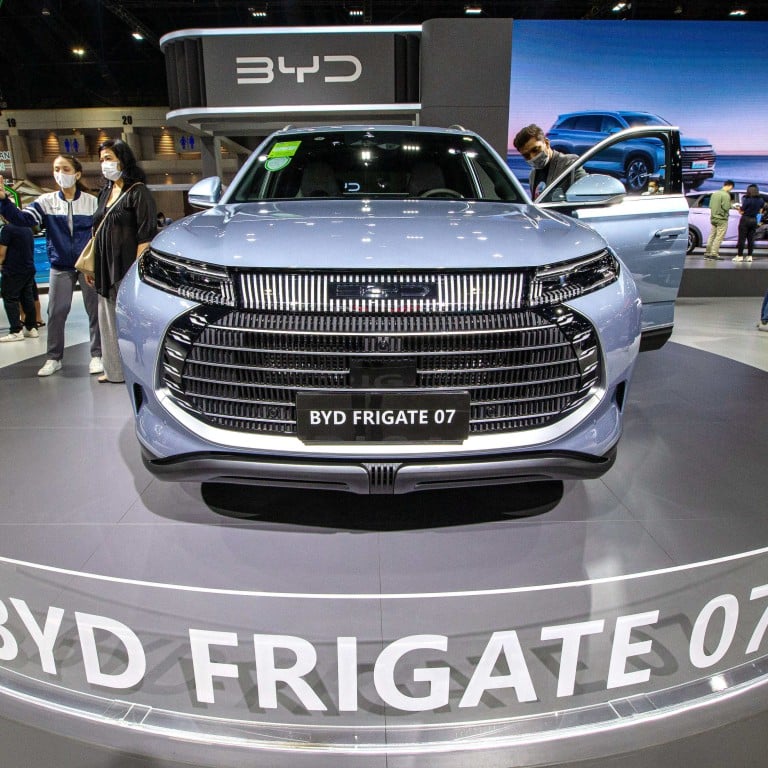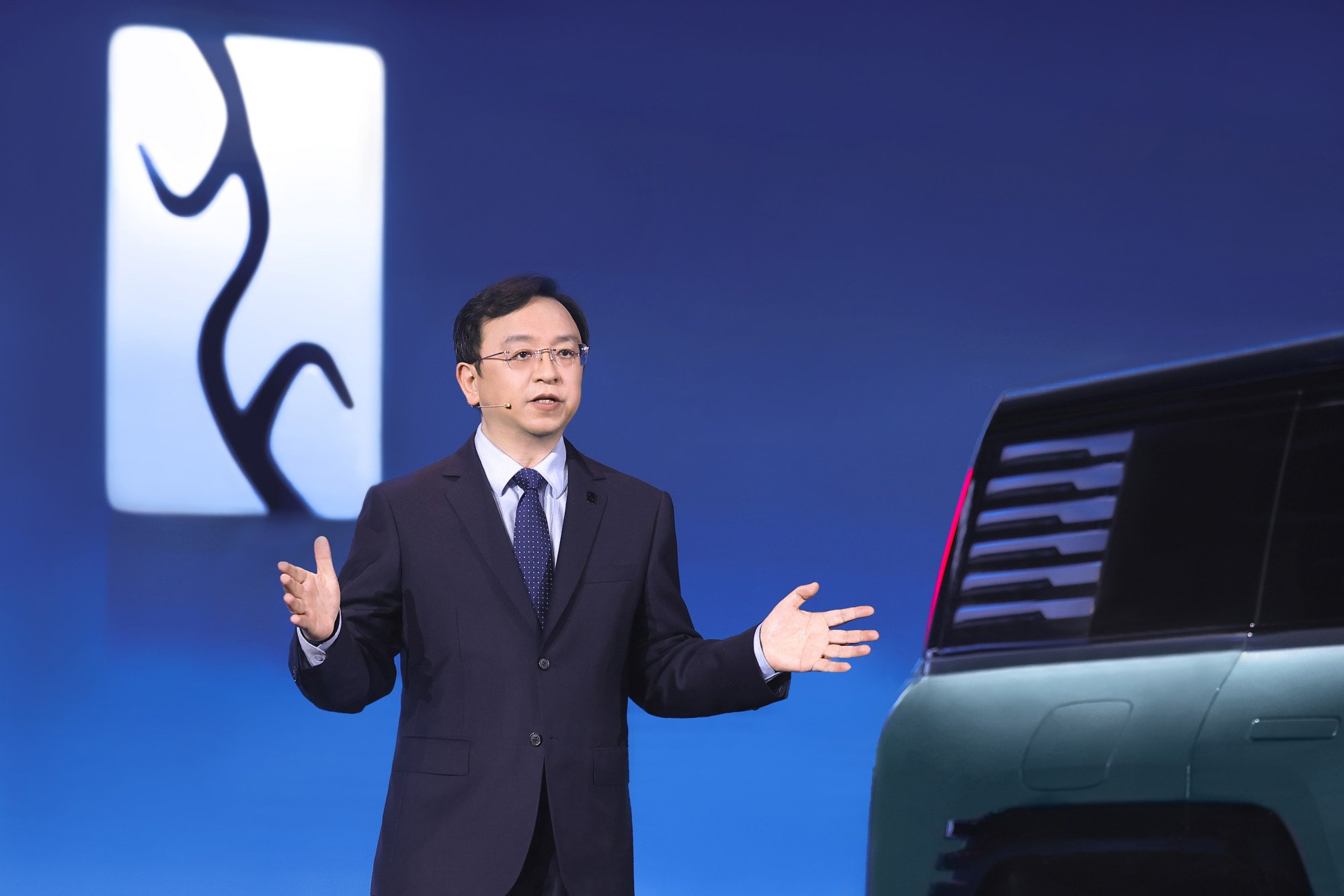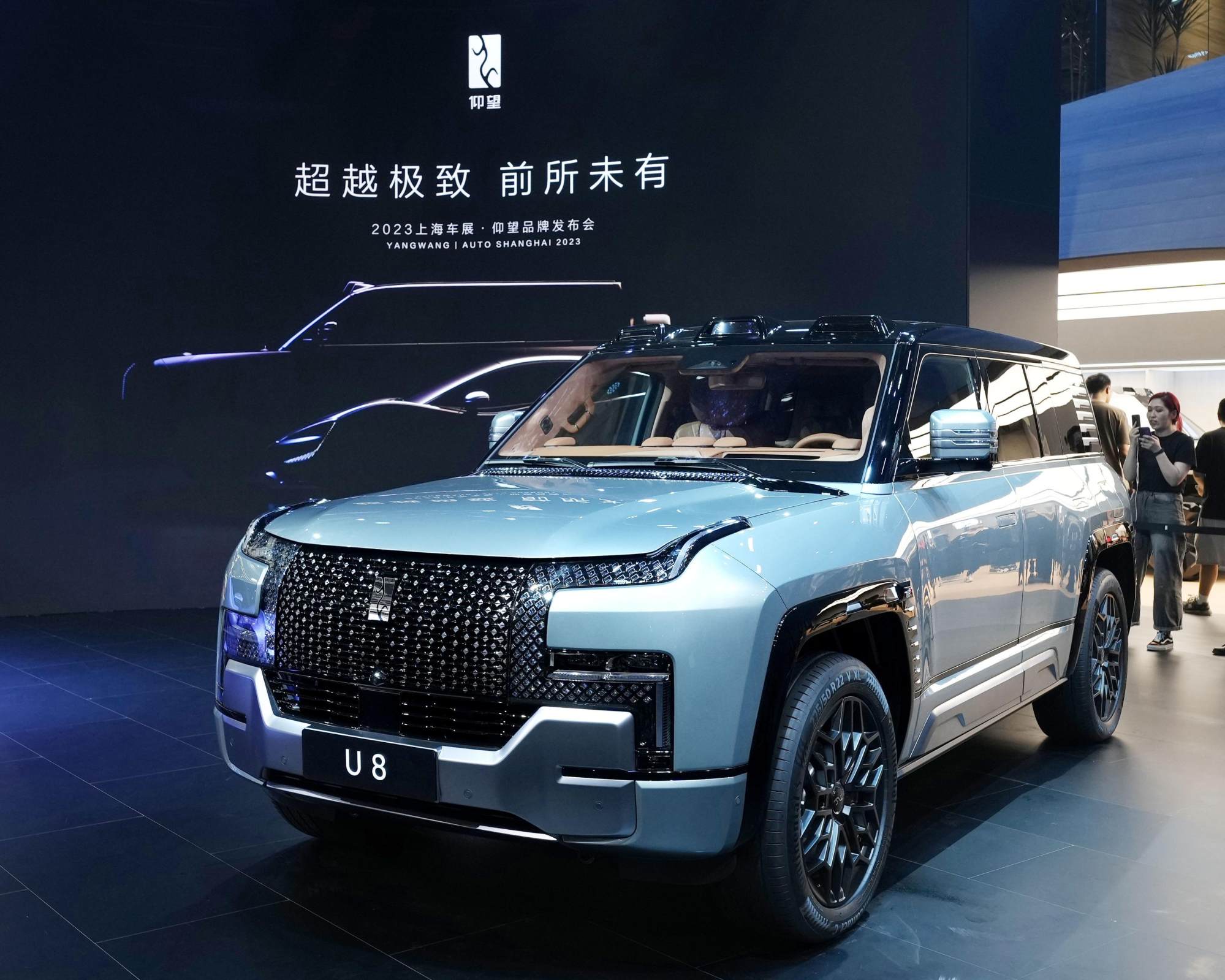
BYD profit plunges 43.5 per cent as China’s car-market price war breaks three-quarter winning streak
- The carmaker reported that net profit fell to 4.13 billion yuan (US$596.28 million) in the first quarter, down from 7.3 billion yuan in the fourth quarter
- BYD suffered along with other carmakers as potential buyers held off in anticipation of bigger price cuts, an analyst says
BYD, the world’s largest electric vehicle (EV) maker, got off to a bumpy start in 2023 as its net profit in the first three months declined 43.5 per cent on a quarterly basis amid a simmering price war in China’s automotive industry.
The drop ended a three-quarter winning streak on profits, buoyed by surging sales of battery-powered cars.
Revenue declined 23.1 per cent to 120.2 billion yuan quarter on quarter.

“BYD suffered from weak demand for vehicles as consumers were expecting further price cuts after huge discounts on both petrol and electric cars were offered [by various carmakers],” said Gao Shen, an independent analyst in Shanghai. “The first quarter is normally a low season for vehicle sales because of the weeklong break during the Chinese New Year holiday.”
BYD delivered a total of 508,706 cars in the first three months, down 25.6 per cent from the previous quarter.

BYD sales poised to surpass VW in China as budget EV looks like big hit
According to data from the China Passenger Car Association, BYD delivered 508,706 vehicles in the first quarter of this year, up 77 per cent from the same period in 2022.
BYD’s crab-walking U8 draws large crowds at Shanghai Auto Show
Volkswagen’s two joint ventures on the mainland sold a combined 607,412 units – mostly petrol-powered vehicles – between January and March, down 15.4 per cent year on year.
Bloomberg reported that BYD already clinched the title of China’s bestselling car brand in the first three months of this year, citing data from the China Automotive Technology and Research Centre.
It said BYD sold more than 440,000 cars on the mainland, while Volkswagen recorded sales of 427,247 units.


